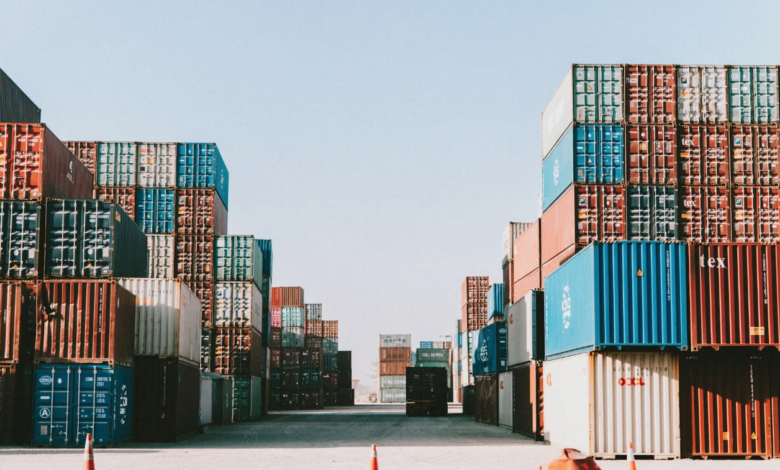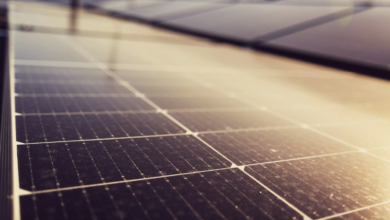
The European CBAM is in force provisionally from October 2023
– The new European system of tariffs on carbon-intensive imports that will start in 2026 will only marginally cut global emissions. And it will damage – albeit not significantly – both the economies of the countries that export to Europe and those of the 27. It would have much more effect on the reduction of greenhouse gases to keep the current carbon market at prices of at least 100 euros per ton of CO2. To be truly effective, the new EU instrument – the Carbon Border Adjustment Mechanism (CBAM) – should be systematically replicated in other regions as well, not as often as is currently the case.
The CBAM is part of the Fit for 55 legislative package and has been active since October 2023 in the first phase of running-in. The border CO2 tax decided by Brussels applies to imports of carbon-intensive products, namely cement, iron, steel, aluminum, fertilizers, electricity, and hydrogen. For the moment, importing companies have only the obligation to report volumes and embedded greenhouse gases.
At full speed, in 2 years, when the CO2 incorporated in imported products exceeds the content that is allowed for products made in the EU will trigger a tariff on carbon-intensive imports. Two objectives: to protect European companies if they are subject to more stringent environmental rules than competitors and to push other countries to adopt legislation on climate and environment similar to the EU.
The effects of tariffs on carbon-intensive imports
According to an analysis by the Asian Development Bank (ADB) published today, however, CBAM is a blunt weapon. At least in its current configuration. Its entry into force, the report calculates, will reduce global greenhouse gas emissions by just 0.2% compared to a carbon market with prices of 100 euros per ton and no carbon tariff. At the same time, carbon-intensive import tariffs could reduce global exports to the EU by about 0.4% and Asian exports to the EU by about 1.1%. The turnover of some European producers would also be damaged.
The solution is not to throw CBAM overboard but to export it to other markets. “The fragmented nature of carbon pricing initiatives in terms of sectors and regions covered, including CBAM, can only partially limit carbon leakage,” says ADB economist Albert Park. “To significantly reduce carbon emissions globally, while ensuring that climate efforts are more effective and sustainable, carbon pricing initiatives should be extended to other regions outside the EU, in particular to Asia”.





